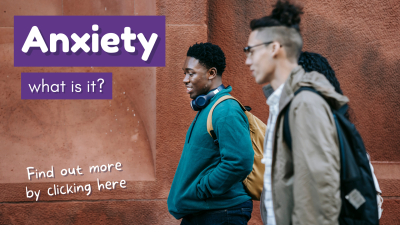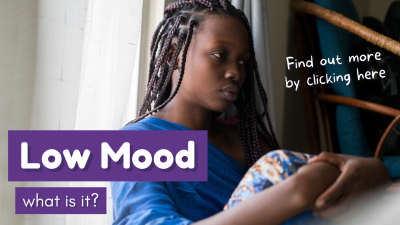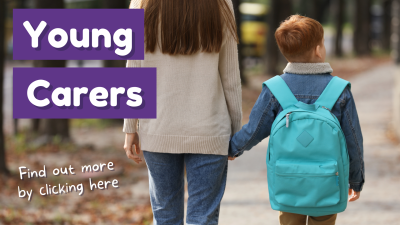I feel tired
What is sleep deprivation?
Find out more about sleep deprivation and why you might feel this way...


Why am I so tired all the time?
One study found that at any time in the UK 1 in 5 people feel very tired. That’s a lot of people!
Some causes of tiredness can be:
- Diet: If you aren’t eating enough food, or the food you’re eating isn’t rich in nutrients this can make you feel tired. If you eat a lot of sugar this can cause your blood sugar to rise and then fall- leaving you feeling exhausted.
- Clocks changing: You might find it difficult when the mornings and evenings get darker. This is a common reason for people feeling tired throughout the winter.
- Not getting enough sleep: You may find it hard to sleep at night. Keep clicking- there’s more information on this later!
- Medical reasons: If you are feeling tired all the time and can’t find a reason for this, you may want to book an appointment with your doctor. There are a number of medical conditions that can cause tiredness.
What does it mean to be sleep-deprived?
Aaaah, lovely, peaceful sleep! All you want is to sleep through the night and get up feeling wide awake, right!?
For so many of us, that just doesn’t happen. Scroll down to learn a bit more about how you can get better sleep.
All of this information has been drawn together with the help of young people.
These pages aim to help you to:
- Understand more about the different things that affect sleep,
- Learn what is needed for a good night’s sleep
- Understand how this can be achieved.
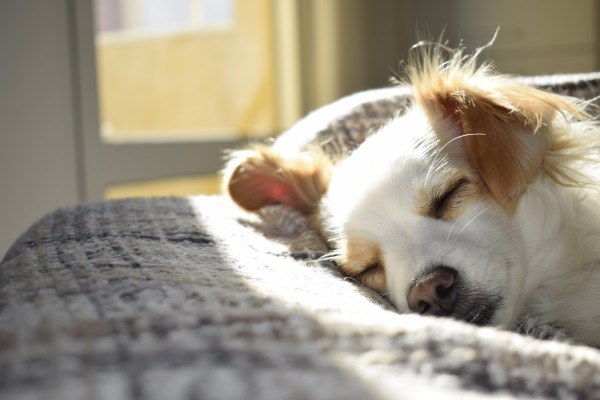
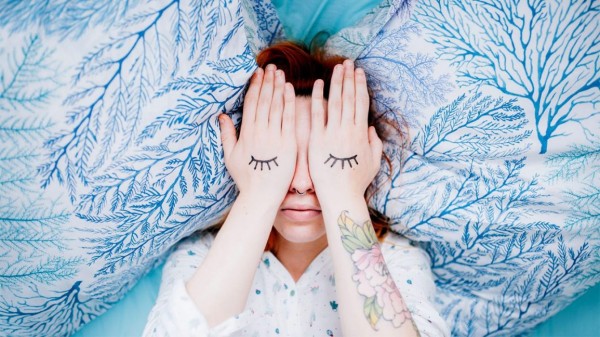
Why do I find it hard to fall asleep?
Good question! There are lots of things that can make it more difficult to fall asleep. Some of these things could be:
- Your bedroom: Is your room messy? Too noisy or bright? Too hot or cold? Is your bed uncomfortable? All these things can make it much harder to drift off to sleep.
- Your activity levels: Are you running marathons before bed? Juggling fire? Jumping out of aeroplanes? No, but seriously…. what you do before bed can really make a difference to whether you can switch off.
- Your routine: Do you go to bed a different time depending on whether it’s a school night or the weekend? Do you spend hours scrolling on your phone while you’re in bed? It may be difficult to resist some of these things, but they are almost definitely impacting your sleep.
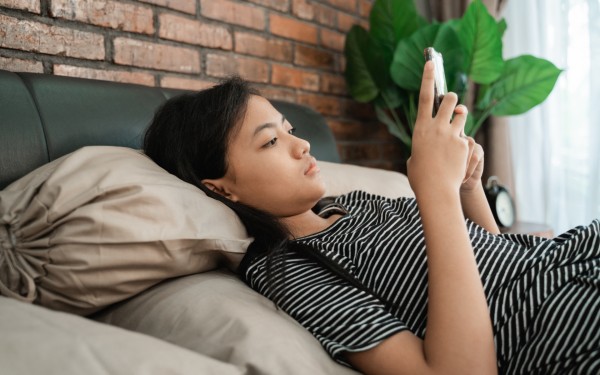
Why do I find it hard to stay asleep?
You might be sat there thinking- “falling asleep isn’t a problem for me, it’s sleeping through the night that I can’t manage!”
OR you might be thinking “I struggle with both!!”
There are lots of things that can make it hard for us to get a full night’s rest:
- Worries: Often our worry about not sleeping is the thing that can keep us awake- how unfair is that? It could also be stress about things that are happening in the daytime.
- Medical conditions: This could be things like Sleep Apnoea, Restless Leg Syndrome or Insomnia
- Switching off your brain: It’s not always worries that can keep you up at night. Sometimes it’s hard to switch your brain off from thinking about things that are exciting or interesting- especially if it’s something on your phone!
- Vivid dreams/Nightmares/ Night Terrors: These can be really scary and can make getting a full night’s sleep very difficult.
Do I have something wrong with me?
Find out how others manage their tiredness and how you can help yourself.
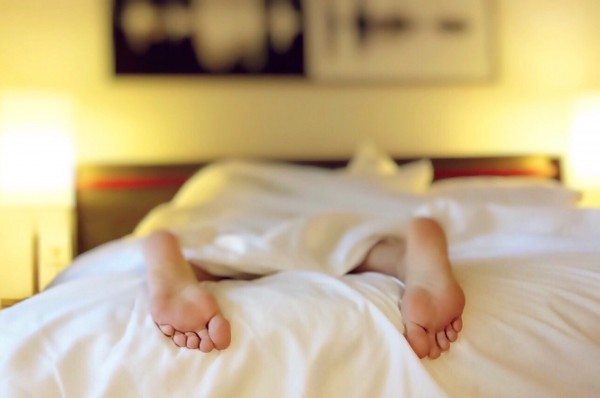

Am I 'normal'?
Who's to say what’s normal, what does that even mean?! But really, it’s very common to wake up during the night. Often, we don’t even notice this, and it is part of what is called our sleep cycle.
Lot’s of people also struggle with falling asleep and staying asleep, but this doesn’t mean you have to put up with it. Especially if it’s affecting your day-to-day life.
Scroll down to read hear stories from other young people about what problems they have with tiredness.
You are not alone...
Other young people have struggled with these feelings too. Watch this video to hear some of their stories.
Scroll down for our self-prescription below to work out how you can get a good night’s sleep!

Try our self prescription below now.
Find help, tips and ideas.
How can I improve my sleep?
We have put together a few useful resources on how to improve your sleep.
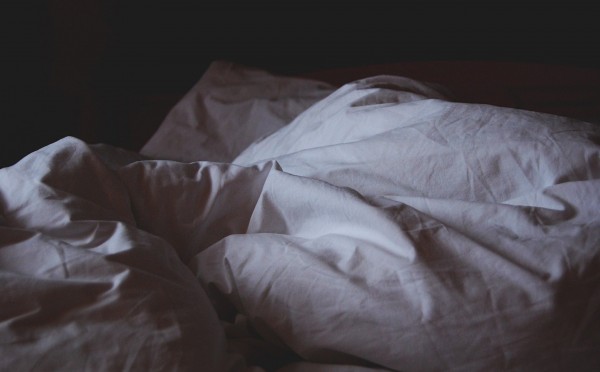
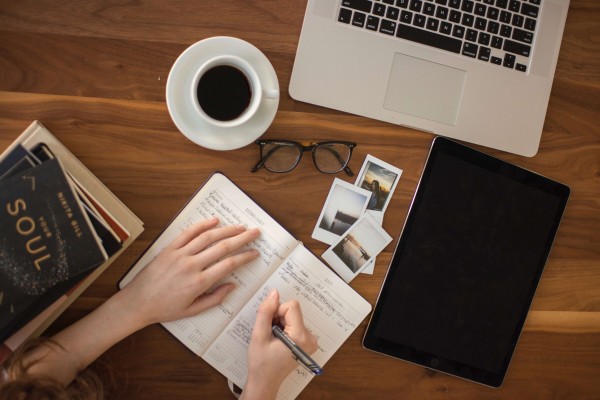
Step 1. Ask yourself: "What isn't working?"
Write down all the things that you do in the 3-4 hours before bed. Try and put these into columns of whether you think they help you relax and prepare for sleep or not.
If you need support, ask someone you trust to do it with you.
Step 2. Plan your schedule
Zzzzz…sounds so boring that might just send you off to sleep right?! Seriously, though, working out a good routine and sticking to it is a really good way to improve your sleep.
This means you should:
- Plan to go to bed at the same time every night
- Avoid lots of caffeine e.g. coffee, chocolate, fizzy drinks or energy drinks for several hours before you plan to go to bed
- Avoid screen time for at least an hour before you plan to go to bed
- Find something that relaxes you and build this into your routine. It could be reading, having a bath, listening to calming music, anything that works for you!
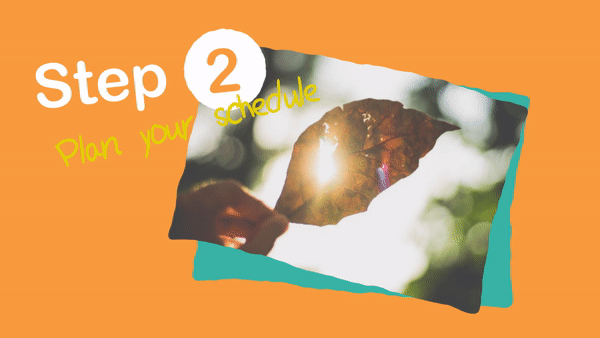

Did You Know....?
The Royal College of Psychiatrists say you need less sleep the older you get
Everyone is different, but their guidelines say:
- Toddlers need about 12-14 hours sleep (including daytime naps)
- Preschoolers (aged 3-5) need 11-12 hours sleep
- School-age children need 10-11 hours sleep
- Teenagers need 9-10 hours sleep.
You can read more about this here.
This means- depending on what time you have to get up for school, you should aim to be asleep between 9pm-11pm if you are a teenager.
If you are really worried about your ability to sleep, then you can always book an appointment with your doctor.
It’s worth trying out our tips before seeing your doctor as they may ask you to do similar things as a first step.
Step 3. Track Your Sleep!
Keeping a simple sleep diary can be a useful way of understanding more about your bedtime routine and sleep.
This can also help others in your household to understand what’s going on.
There is a really simple one on the NHS website here.
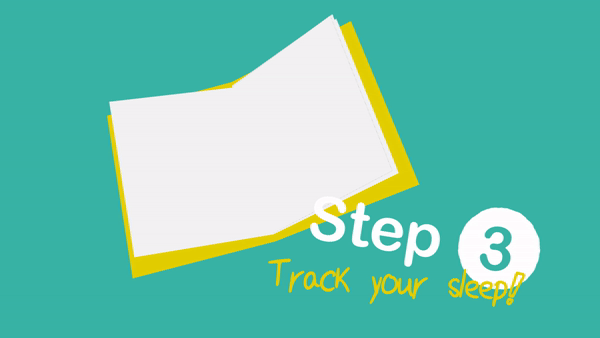
Your 3-Day Challenge
As with all changes it’s really important to start small.
Starting today, tick two things on this list that you can try for three days in a row. If this is too difficult try just doing one for now, if it’s easy- add some more!

Get Help
If you feel that your tiredness is getting in the way of your day to day life, it may be a good idea to get some help.
Click here to find mental health support services in your area
